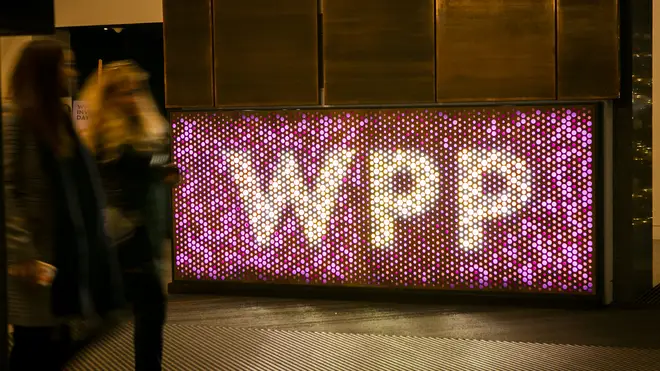
Nick Abbot 10pm - 1am
31 January 2024, 12:24

The company said it believes AI will ‘enhance, not replace, human creativity’.
Advertising giant WPP has revealed plans to spend £250 million on ramping up its use of artificial intelligence (AI) as the business continues cutting costs elsewhere.
The company, which is the world’s largest advertising and marketing firm with about 115,000 staff, said it believes AI will “enhance, not replace, human creativity”.
The plans include investing in AI-powered technology and data tools which it said will improve the marketing performance for customers.
It has counted the likes of Facebook and Instagram owner Meta, Microsoft and Google, and brands including Coca-Cola, Dove and Nike as clients.
Its AI-powered platform, WPP Open, has more than 28,000 users from across the group’s hive of customers, including major brands L’Oreal and Nestle.
“AI is transforming our industry and we see it as an opportunity not a threat,” said Mark Read, WPP’s chief executive.
“We are already empowering our people with AI-based tools to augment their skills, produce work more efficiently and improve media performance, all of which will increase the effectiveness of our work.”
Meanwhile, the group is targeting £125 million in savings by 2025 as a result of restructuring efforts across agencies owned by the group, with up to half of that money expected to be saved this year.
It is also looking to save about £175 million from cutting costs in its back office and other parts of the business.
WPP said it is expecting a slight increase in sales over 2023, compared with the previous year, and profit margins at the “top end” of previous guidance.
Mr Read added: “While we had to navigate a more challenging environment in 2023, we see strong future demand for our services and are confident we can accelerate our growth over the medium term.”
Other leaders in the sector have flagged a prolonged downturn in the advertising sector, with signs customers are spending more cautiously on campaigns.